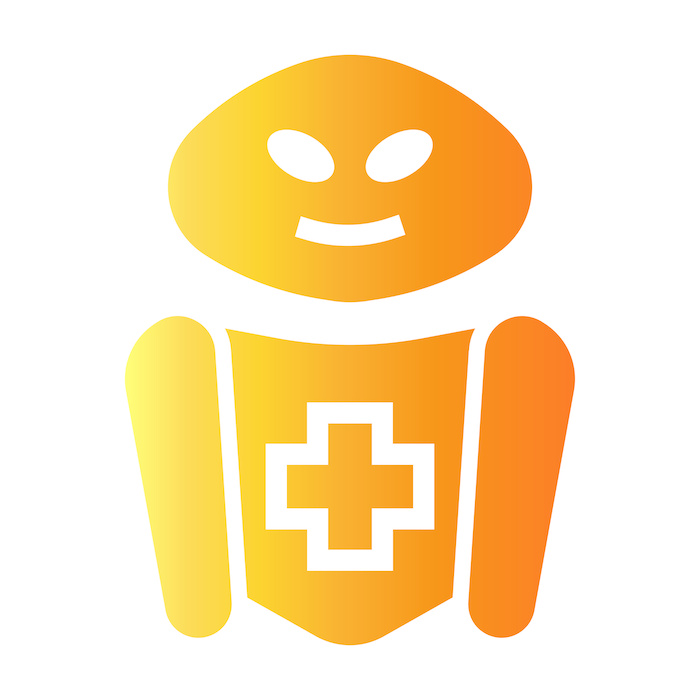Nursing has always been a challenging career, but the COVID-19 pandemic brought unprecedented levels of stress, fatigue, and burnout. More than 100,000 nurses left the workforce during the pandemic — the biggest staffing drop in 40 years. The shortage will only worsen as the U.S. population ages and experienced nurses start to retire. Government estimates show that there will be more than 190,000 new openings for nurses every year through 2032. As hospitals look for a solution to chronic understaffing, technology companies are experimenting with artificial intelligence (AI) tools to automate time-consuming tasks like monitoring patients’ vital signs. But industry experts say the technology isn’t ready for real-life application in healthcare.
For example, Hippocratic AI caused an uproar when its ads claimed their $9 an hour AI nursing assistant could perform just as well as a registered nurse who makes $40 an hour. Nurses rejected the idea that AI is ready to replace human workers, who can pick up signs that sophisticated technology misses, such as facial expressions and odors. Instead of saving time, nurses said the experimental AI systems distract them from their work with false alarms. “You’re getting all these distracting alerts that may or may not mean something,” said Melissa Beebe, a cancer nurse at UC Davis Medical Center in Sacramento. “It’s hard to even tell when it’s accurate and when it’s not.”
Now nursing unions are pushing for the right to disregard AI alerts even when they are part of hospital protocol. In Nevada, nurse Adam Hart was working in the emergency room when the hospital computer system flagged a new patient for sepsis, which is a life-threatening reaction to infection. Hospital protocol required him to give him a large dose of IV fluids, but Hart recognized that could be dangerous because the patient was on dialysis for liver failure. When Hart raised his concern, the supervising nurse told him to follow protocol, and a doctor had to step in to get the patient on the correct treatment. “You need to keep your thinking cap on — that’s why you’re being paid as a nurse,” said Hart. “Turning over our thought processes to these devices is reckless and dangerous.”
Questions:
- Why is the U.S. in the midst of a nursing shortage, and why do experts predict that it could get worse in the years to come?
- Do you think AI assistants will be able to perform medical tasks on a comparable level to human nurses? Why or why not?

